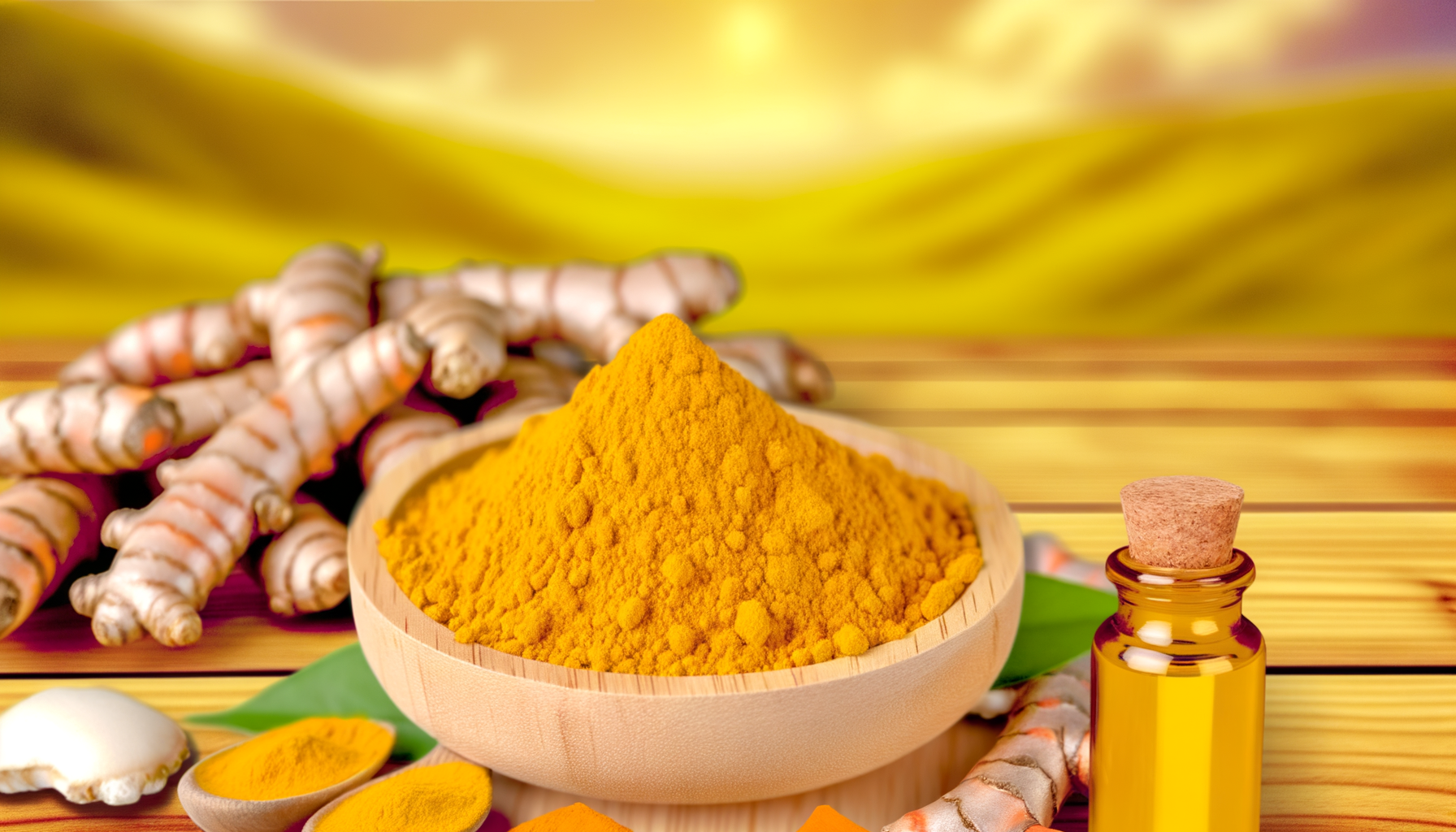Unlocking the Potential of Turmeric: Beyond the Kitchen Spice
Article Selection and Core Summary
Today, we delve into a fascinating article that examines the potential of turmeric, a common kitchen spice, as a potent functional food with various health benefits. The article explores turmeric's active compound, curcumin, highlighting its anti-inflammatory and antioxidant properties that could serve as a natural alternative for preventing and managing various health conditions.
Core Claims & Research Methodology
The core claim of the article is that curcumin may play a pivotal role in managing chronic diseases, such as arthritis and cardiovascular ailments, due to its potent anti-inflammatory effects. Researchers conducted a series of controlled trials assessing curcumin's efficacy compared to placebo in reducing markers of inflammation and oxidative stress over several weeks. The findings suggest a significant reduction in these markers among participants taking curcumin supplements.
Main Findings
- Inflammation Reduction: Participants who took curcumin supplements showed a noticeable decrease in inflammation markers.
- Antioxidant Boost: Enhanced antioxidant activity was observed, indicating potential protection against oxidative stress.
- Symptom Improvement: Subjects reported improved symptoms of joint pain and stiffness.
Background Knowledge and Context
To grasp why turmeric is garnering scientific interest, it's essential to understand two concepts: inflammation and antioxidants. Inflammation is the body's natural defense mechanism, but chronic inflammation can lead to diseases like arthritis. Think of it as a fire alarm system that's constantly going off—eventually, it becomes harmful rather than helpful.
Antioxidants prevent damage from free radicals—unstable molecules that, like rust on metal, can deteriorate our body's cells over time. Curcumin, turmeric's primary compound, neutralizes free radicals and tones down inflammation, serving as both a fire extinguisher and rust remover for our bodies.
Analysis of Research Significance and Practical Applications
Medical and Scientific Significance
This research elevates turmeric from spice to a potential therapeutic agent, especially appealing due to its natural origin. Unlike many pharmaceuticals, turmeric offers a low-risk profile with minimal side effects, making it an attractive alternative or complement to conventional treatments.
Practical Applications
- Dietary Supplement: Incorporate curcumin supplements into daily nutrition, especially for individuals seeking to manage inflammation-based conditions.
- Culinary Use: Enhance meals with turmeric to enjoy both flavor and potential health benefits.
- Natural Therapy: Use as part of holistic approaches to manage chronic pain or inflammatory diseases.
Personal Expert Opinion and Future Outlook
Turmeric's potential as a regular part of dietary routines holds promise, but there are limitations. Curcumin's bioavailability is a concern—it doesn't easily absorb into the bloodstream. Future research needs to address this, potentially by exploring complementary ingredients that enhance absorption, like piperine found in black pepper.
As this field progresses, investment in understanding curcumin's interactions with other treatments and long-term human studies will be crucial. Additionally, developing high-efficacy formulations could revolutionize its application in modern medicine.
Conclusion
Turmeric is more than a culinary delight; it's a research hotspot in the quest for natural health solutions. While promising, its journey from spice to medical staple relies on overcoming hurdles like bioavailability and further validating efficacy in diverse populations.
References:
Link to the original article: Google News Article
